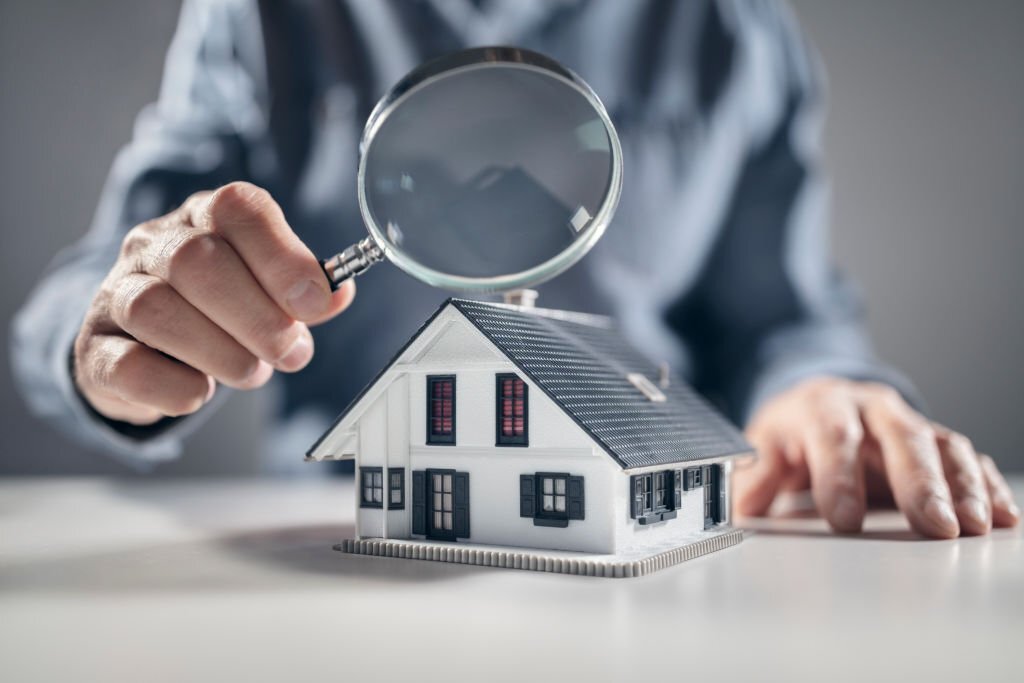Living in Venice, Florida means dealing with unique environmental challenges that can affect residential properties. Understanding common issues identified during Venice home inspections can help homeowners and potential buyers make informed decisions about property maintenance and purchases. This comprehensive guide explores the most frequent problems discovered during home inspections in the Venice area.
Water Damage and Moisture-Related Issues
Foundation Concerns
The subtropical climate and proximity to the Gulf of Mexico make moisture management a critical concern during Venice home inspections. Common foundation issues include:
- Cracking due to soil settlement
- Water intrusion through foundation walls
- Deteriorating concrete from salt exposure
- Improper drainage around the foundation perimeter
- Signs of previous flooding or water damage
Roof and Attic Problems
Venice’s exposure to intense sunlight and frequent storms makes roof integrity particularly important:
- Damaged or missing shingles
- Inadequate attic ventilation
- Signs of past or current leaks
- Improperly installed flashing
- Mold growth in attic spaces
- Damaged or improperly installed gutters
- Compromised roof decking
Climate Control and Energy Efficiency
HVAC System Issues
Florida’s hot and humid climate puts considerable strain on heating, ventilation, and air conditioning systems. Inspectors frequently identify:
- Aging or inefficient AC units
- Improper installation of HVAC components
- Blocked or dirty air filters
- Damaged or leaking ductwork
- Inadequate maintenance history
- Improper sizing of AC units
- Refrigerant leaks or low levels
Insulation and Weatherization
Proper insulation is crucial for energy efficiency in Venice’s climate:
- Insufficient attic insulation
- Missing or damaged weatherstripping
- Gaps around windows and doors
- Poor wall insulation
- Inadequate vapor barriers
- Air leaks around electrical outlets
- Compromised window seals
Plumbing and Electrical Systems
Plumbing Concerns
During Venice home inspections, plumbing issues often surface due to age and environmental factors:
- Corroded pipes
- Improper drainage slopes
- Leaking fixtures or connections
- Water heater problems
- Low water pressure
- Inadequate ventilation in plumbing systems
- Improperly installed water lines
- Sewer line damage or blockages
Electrical System Problems
Electrical issues can be particularly concerning due to safety implications:
- Outdated wiring
- Improperly grounded outlets
- Overloaded circuits
- Missing GFCI protection
- Amateur electrical modifications
- Exposed wiring
- Inadequate electrical panel capacity
- Lightning protection system issues
Structural and Exterior Elements
Building Envelope Issues
The exterior of Venice homes faces significant environmental challenges:
- Stucco cracks or damage
- Compromised siding materials
- Window and door seal failures
- Deteriorating trim work
- Paint failure or peeling
- Termite damage or evidence
- Missing or damaged soffit vents
- Inadequate exterior drainage
Landscaping and Site Drainage
Property grading and drainage are crucial in Venice home inspections:
- Improper soil grading around foundation
- Pooling water near structure
- Overgrown vegetation against house
- Blocked or damaged drainage systems
- Erosion issues
- Tree root intrusion
- Poor irrigation system maintenance
- Inadequate swale drainage
Indoor Air Quality and Environmental Concerns
Mold and Mildew
Venice’s humid climate creates perfect conditions for mold growth:
- Visible mold in bathrooms or kitchens
- Hidden mold behind walls
- Musty odors
- Water stains indicating potential mold
- Inadequate bathroom ventilation
- Condensation issues
- High indoor humidity levels
- Poor air circulation
Pest Infestations
Florida’s climate supports various pest populations:
- Termite evidence
- Rodent activity
- Carpenter ant presence
- Bee or wasp nests
- Wood-boring beetle damage
- Signs of past infestations
- Entry points for pests
- Damaged screens or barriers
Safety Features and Code Compliance
Life Safety Systems
Essential safety features require careful inspection:
- Smoke detector placement and function
- Carbon monoxide detector requirements
- Emergency exits and lighting
- Fire separation requirements
- Handrail installation
- Pool safety barriers
- Impact window compliance
- Hurricane protection systems
Building Code Issues
Code compliance is a significant aspect of Venice home inspections:
- Unpermitted additions or modifications
- Non-compliant electrical work
- Improper ventilation systems
- Inadequate hurricane protection
- Missing or inadequate railings
- Improper egress windows
- Outdated plumbing fixtures
- Non-compliant pool equipment
Prevention and Maintenance Recommendations
Regular Maintenance Tasks
To prevent major issues, consider these maintenance practices:
- Schedule annual HVAC service
- Clean gutters regularly
- Monitor for water intrusion
- Test safety systems monthly
- Inspect roof condition regularly
- Check for pest activity
- Maintain proper drainage
- Monitor humidity levels
Professional Inspections
Regular professional inspections help maintain property value:
- Annual roof inspections
- HVAC system evaluations
- Termite inspections
- Plumbing system checks
- Electrical system reviews
- Foundation assessments
- Indoor air quality testing
- Hurricane protection verification
Conclusion
Understanding these common issues found during home inspections in Venice helps property owners maintain their investments effectively. Regular maintenance and prompt attention to identified problems can prevent more serious issues from developing. While some problems may seem minor initially, they can lead to significant damage if left unaddressed, particularly in Venice’s challenging climate. Being proactive about home maintenance and scheduling regular inspections can save homeowners considerable time and money in the long run.
Remember that this overview represents common issues, but each property is unique and may present different challenges. Working with qualified professionals for both inspections and repairs ensures that problems are properly identified and addressed according to local building codes and best practices.


